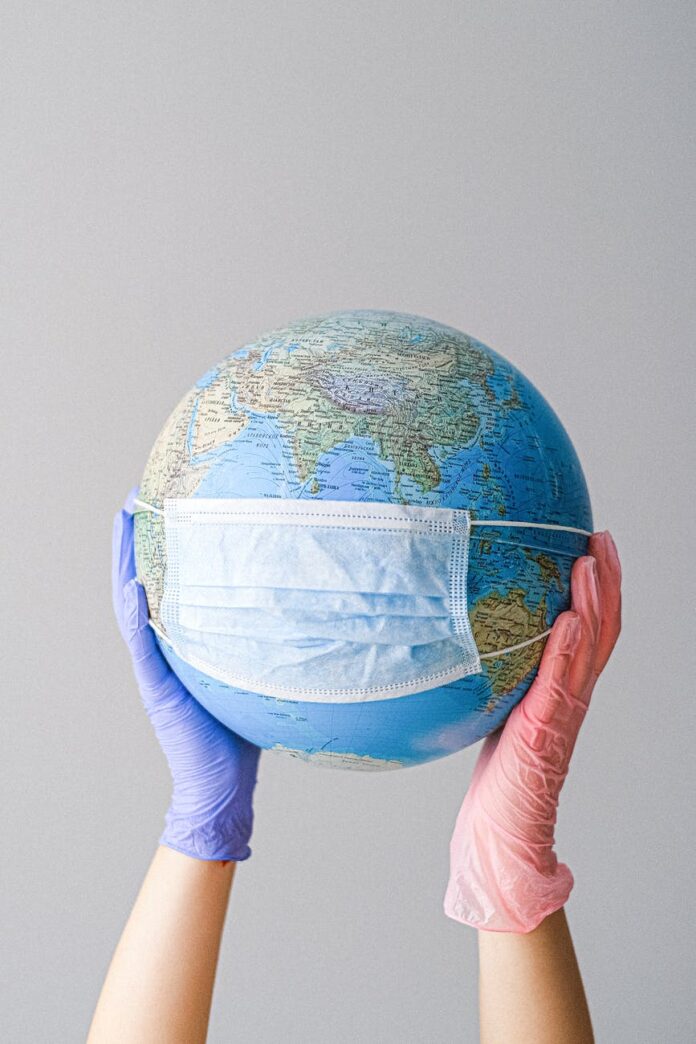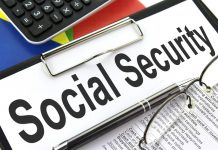
When the Coronavirus Pandemic grabbed us, it hit fast, it hit hard, and there was no time to prepare. It was a crisis bigger than anyone has seen in recent history. In a few short weeks, 40 million workers filed for unemployment benefits. People raided grocery stores, stripping shelves bare. The price of beef went beyond the reach of many Americans and stockpiling toilet paper became an obsession. Even when the federal government stepped in and provided stimulus to individuals and businesses, it was a short-term stop-gap measure that gave temporary financial relief—temporary being the key word.
With the COVID-19 tidal wave mostly behind us, it’s time to look at what happened and think about how to prepare for future financial disasters that jump out of the shadows before we know they’ve arrived.
Emergency Fund
In any crisis, having money you can get your hands on quickly really helps—an emergency fund. I know people who keep $500-$1000 cash somewhere in their house all the time—just in case. An emergency fund can also be your savings account at the bank. It’s liquid and you can get to it easily. But if you’re thinking forward and planning for another financial disaster akin to the COVID Pandemic, how much should be in your emergency fund? With so many Americans living paycheck-to-paycheck, having something in an emergency fund is better than nothing at all.
For years, I’ve recommended that clients stash away 3-6 months of living expenses. That amount is still a good target, even in light of a COVID-type emergency. With that amount of money available, you should be able to get to the other side of a financial crisis, job loss, or major economic event in your life. Even if you can’t save 3-6 months of living expenses, set a target and make it a priority to get there.
Get out of debt
One thing that can substantially help in the event of another financial disaster is being debt-free. Without debt the money outflow during a financial crisis won’t include credit card bills, car loans, student loans or a mortgage payment.
You may ask, “How can I ever get everything paid off?” Consider a couple of strategies.
- If you have credit card debt, choose the card with the smallest balance and pay it off. Then add the payment you were making on that card to the payment on your next smallest balance until that card is paid off. Continue adding the total payments to each of your credit cards until they all have a zero balance. Any future credit card charges, pay off at the end of each month.
- Interest rates are at historic lows. Consider refinancing your mortgage.
- Take the amount saved each month by refinancing and add it to your house payment which will reduce the principal owed more quickly.
- Pay your mortgage two weeks early. You pay interest on the unpaid balance. By paying two weeks early you effectively make an extra payment each year.
- If you can, get a 15-year mortgage rather than a 30. The shorter the term of the loan the less interest your pay.
Re-evaluate
When you’re constantly bombarded with ads for the newest, the latest, the greatest, the most revolutionary, the lines can get blurred between needs and wants. If we’re preparing for the possibility of future economic disasters, re-accessing your spending patterns is in order.
For example, do I need to make a major purchase right now, or is it something I can delay. Yes, I really want another car right now, but is my current vehicle dependable enough to last another year or two, giving me time to save enough money for a larger down payment on the next car, or possibly pay cash for it. The purpose of reevaluating is the same as above—getting out of debt, staying out of debt, and having lower spending needs in the event of another COVID-type financial avalanche.
Advance Planning
My grandmother used to tell me stories about her parents laying in supplies for the winter when she was a little girl. That’s not bad advice when thinking about another potential financial emergency. I’m not talking about becoming a prepper and filling your house with so much food and essentials you can barely squeeze past it all. But having basic supplies on hand will give you peace of mind and keep you away from the crazies who are sucking every last noodle off grocery store shelves.
An ancient proverb says, “The wise are cautious and avoid danger, fools plunge ahead with reckless confidence.” Some advice never goes out of style.


